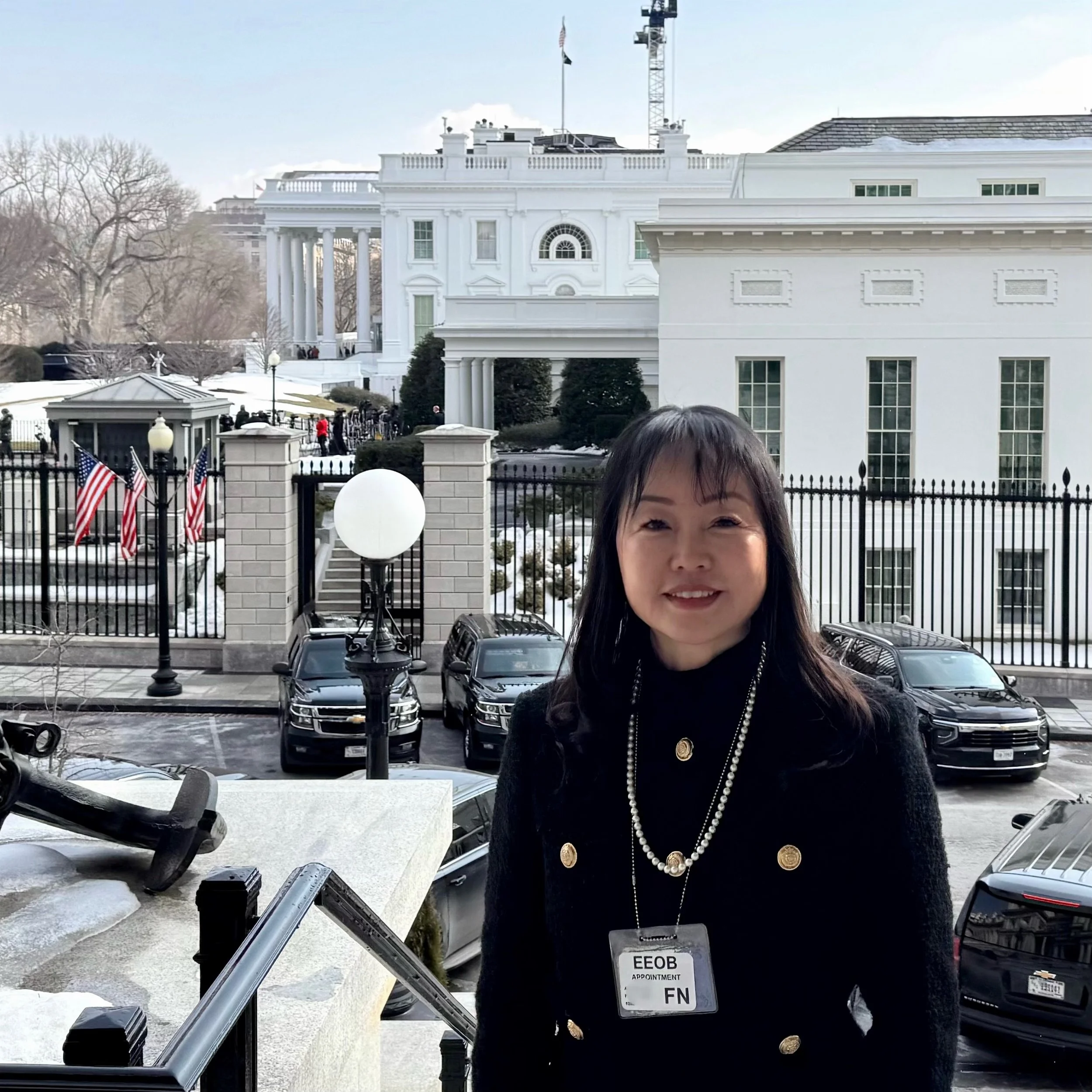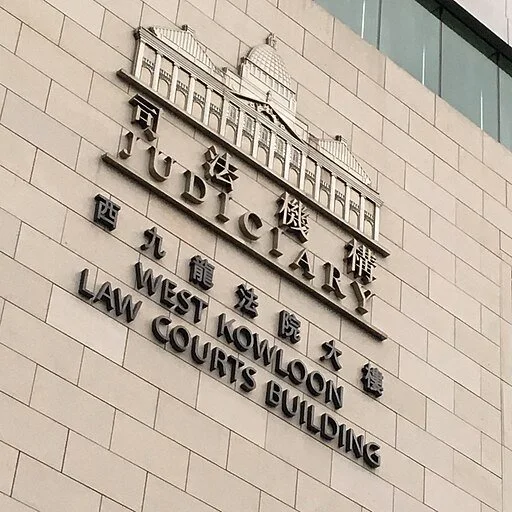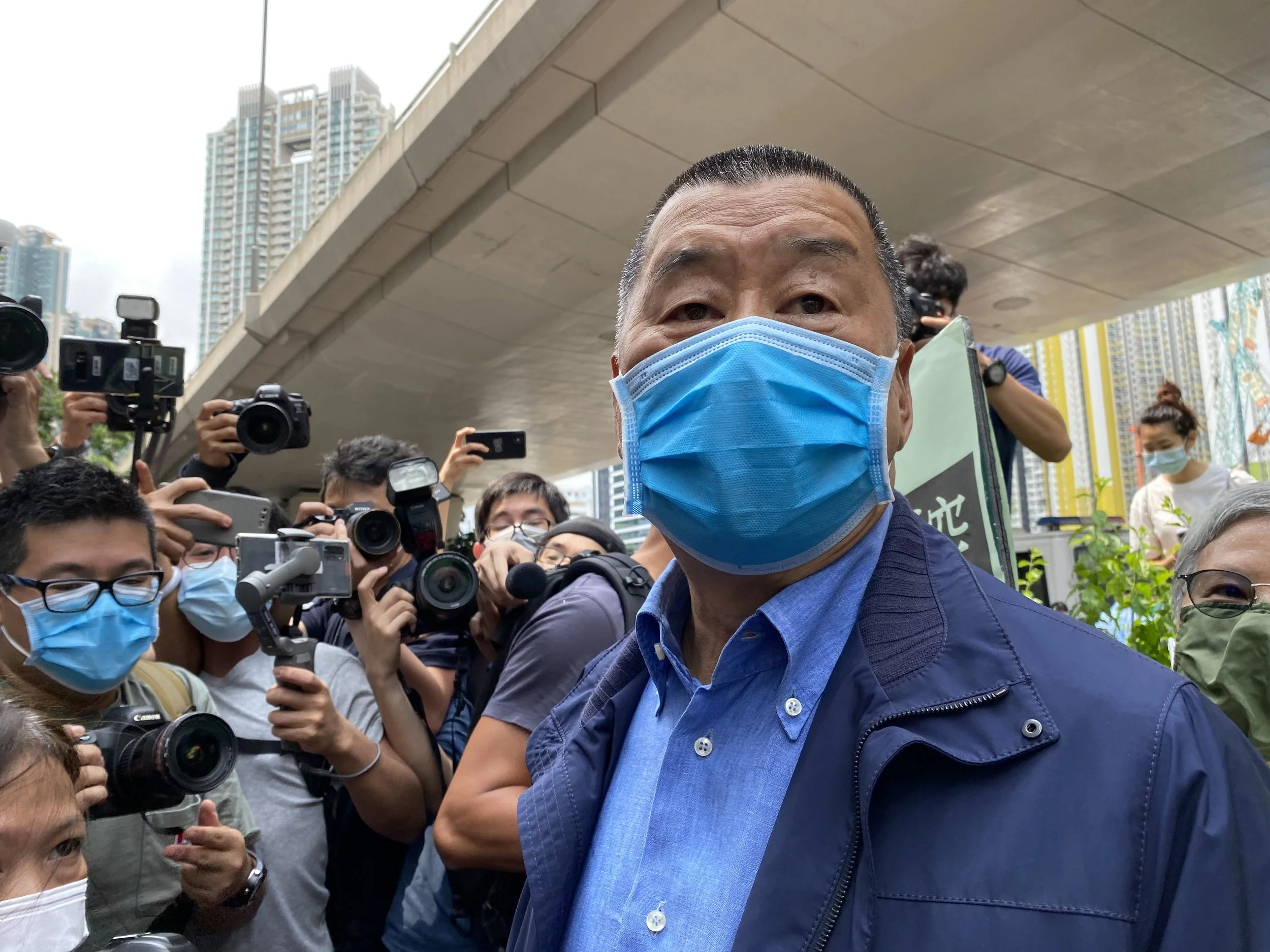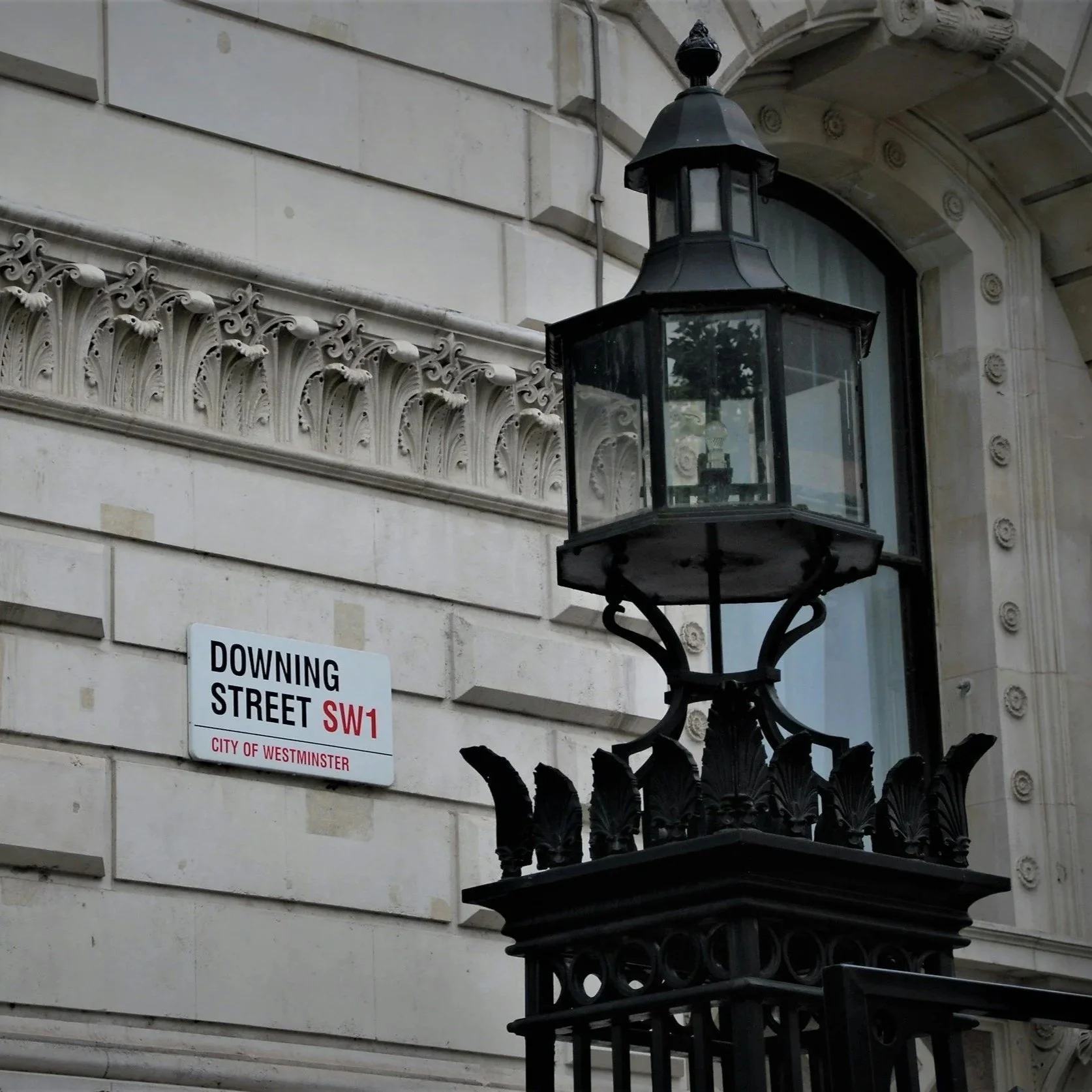Free Political Prisoners campaign
We are calling on the Hong Kong government to Free All Political Prisoners.
Lawfare, the abuse of the law to crack down on political opponents and democrats, has been a central part of Beijing’s strategy to strangle opposition in Hong Kong.
In 2019, we published an in-depth report on the way that Hong Kong’s Public Order legislation and other archaic common law offences have been abused to justify the mass arrests of leading democratic voices. You can read the report here.
For an in-depth timeline of all the key cases since 2019, you can see our political prisoner timeline here.
You can find a list of upcoming court dates here.
In 2022, we launched our global press freedom campaign to support local journalists in Hong Kong and call on lawmakers and like-minded governments to respond to the ongoing crackdown on press freedom in Hong Kong.
At the start of the trial of the 47 democrats in February 2023, we started publishing weekly briefings on political prisoner developments in Hong Kong as well as monthly briefings on the human rights situation in the city. This now features the latest developments in the trial of Jimmy Lai.
We acknowledge that since the protest movement started, more than 10,000 people have been arrested in protest-related cases, and over 2,300 charged. Many of them have been detained and are facing prosecution under the National Security Law and illegal-assembly rules.
While some of their names and profiles may not be featured here, the team at Hong Kong Watch continues to speak up for them by continuing to develop our campaign for political prisoners in Hong Kong and to update our political prisoners database. We also raise these cases in meetings with Parliamentarians and governments around the world to ensure they are not forgotten. You can see our database on political prisoners here.
As there is no international legal definition of ‘political prisoner’, Hong Kong Watch takes guidance from the Council of Europe and the US Congressional-Executive Commission on China (CECC)’s definitions of political prisoners, and has produced our own one which we use for our Political Prisoner Database.
Here is the official Hong Kong Watch definition of ‘political prisoner’:
Q: What is a ‘political prisoner?’
A: A ‘political prisoner’ is an individual detained for exercising his or her human rights under international law, such as peaceful assembly, freedom of religion, freedom of association and freedom of expression, including the freedom to advocate for peaceful social or political change, and to criticise government policy or government officials.
Furthermore, a person is a political prisoner if the detention has been imposed for purely political reasons without connection to any offence; if, for political motives, the length of the detention or its conditions are clearly out of proportion to the offence the person has been found guilty of or is suspected of; if, for political motives, he or she is detained in a discriminatory manner as compared to other persons; or, if the detention is the result of proceedings which were clearly unfair and this appears to be connected with political motives of the authorities.”
Hong Kong Watch does not include any cases that have violence or other criminal acts that are illegal in other jurisdictions.
Q: What is the Hong Kong Watch Political Prisoner Database?
A: The Hong Kong Watch Political Prisoner Database contains information about political prisoners in in Hong Kong who were detained for exercising their human rights under international law who were held or are being held in public detention centres, prisons, re-education through labour centres, or other detention facilities, or who are held under other forms of official control.
The Hong Kong Watch Political Prisoner Database also includes people who are in exile, who are at risk of imprisonment if they return to Hong Kong. These are not political prisoners because they are not behind bars, but are at high risk of political imprisonment.













